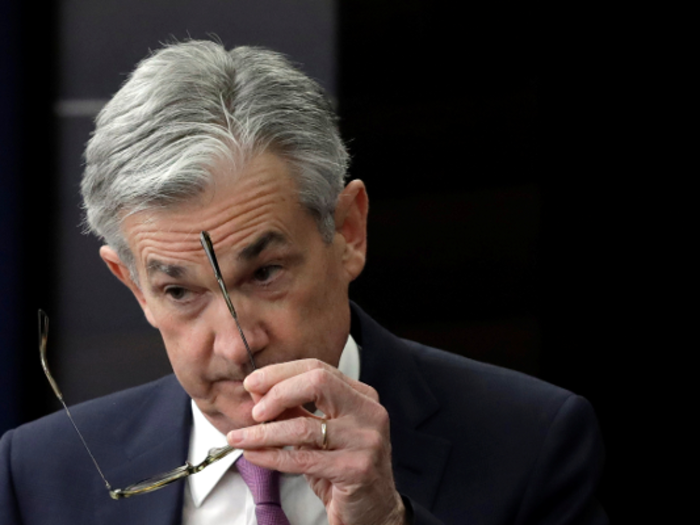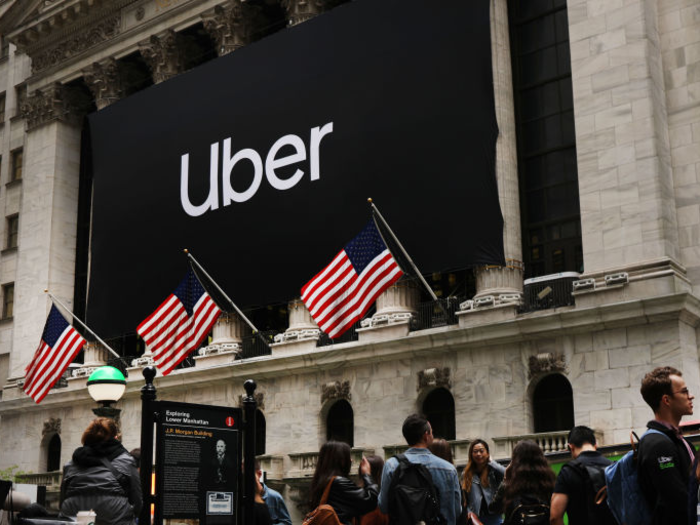- Home
- slideshows
- miscellaneous
- The IPO market is rebelling against many of 2019's money-losing unicorns. Here's what's scaring investors away - and what it means for the future.
The IPO market is rebelling against many of 2019's money-losing unicorns. Here's what's scaring investors away - and what it means for the future.
Reason #1: Weak margins

Reason #2: The macro landscape

Though recession fears have calmed from their late-August highs, plenty of factors continue to drive market volatility and keep investors on their toes. A recent Preqin survey covering the second half of 2019 found 74% of investors viewing the market at the peak of its cycle, implying a downtrend is just around the corner.
Meanwhile, major stock indexes have remained near record highs despite significant outflows from equity markets, with investors moving capital to less volatile investments.
The latest warning signs hint at an upcoming economic slowdown, and it may be scaring investors away from volatile IPOs. Stocks are among the riskiest assets to hold in a downturn, and newly public companies typically see more price swings than average as investors pile in to make their first bets.
While margins and marketing are crucial for investors looking to back a unicorn, macroeconomic conditions could keep investment away from equities as a whole.
Reason #3: Branding

The move from private to public ownership has become increasingly rocky, as investors are expecting more from unicorns and aren't as easily swayed by lofty marketing techniques.
WeWork's IPO filing noted its goal was to "to elevate the world's consciousness."
Peloton "sells happiness" according to its S-1 filing, before adding, "but of course, we do so much more."
Lyft "is at the forefront of a massive societal change."
IPO documents tend to lean toward the dramatic and appeal to investors with ambitious language. However, many of the unicorns pitching themselves as disruptive to the status quo don't possess the business models to reliably grow profits.
"When it comes to 'platform' companies, venture capital has done a generally terrible job building these businesses into viable companies," DataTrek researcher Nicholas Colas wrote in a September 27 note.
Public investors "need vibrant, growing platform companies to create long-term value," he added, and "the focus on price momentum over fundamentals" that worked in private funding doesn't attract public capital as easily.
The longer-term implications

Recent unicorn performance is sure to have investors, analysts, and executives questioning the future of startup IPOs. Hype built in private funding rounds is mattering less in public markets, and investors are less willing to overlook poor margins.
Direct listings are an increasingly popular option for startups hitting the market, with Airbnb reportedly opting for such a strategy over an IPO. A direct listing keeps companies from paying millions of dollars in IPO bank fees, and doesn't require the issuance of additional shares.
Slack and Spotify directly listed on the New York Stock Exchange in recent years, and the home-share company could inspire more unicorns to copy the tactic.
No matter the path to markets, firms are seeing greater public scrutiny toward their financial figures. The "honeymoon phase" of post-IPO pops "is going to go away," Manhattan Venture Partners head of research Santosh Rao said.
Companies will need "a clear path to profitability" if they want to transition from private funding to public markets, he added, stating that private funding rounds will hinge more on bottom-line performance and projected public performance.
"Toward the later rounds, private investors will have to be more rational in what they're willing to pay," Rao said in an interview. "The company has to be able to withstand public market scrutiny, which will only get more intense after this round of IPOs."
Popular Right Now
Popular Keywords
Advertisement